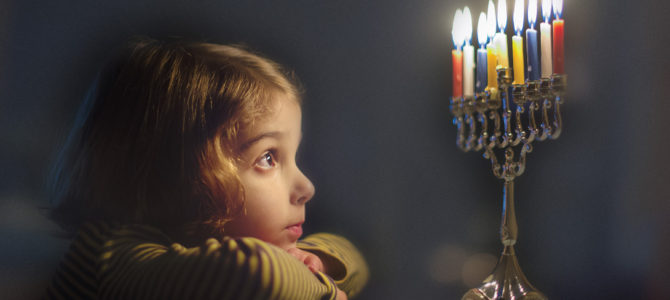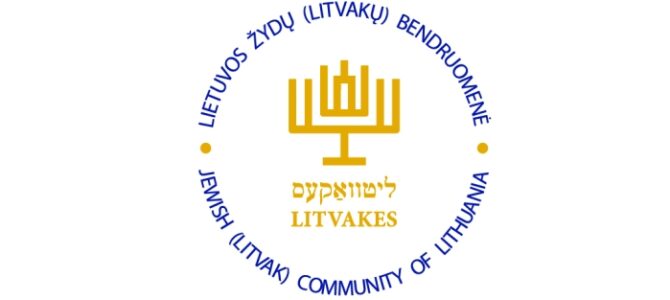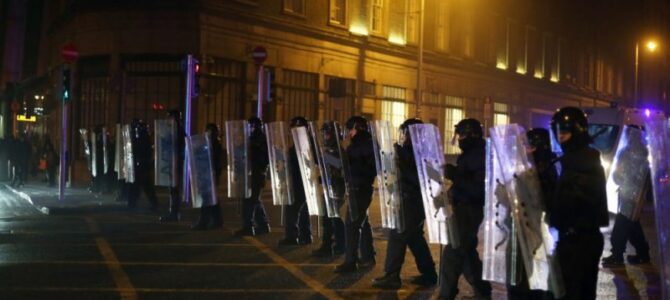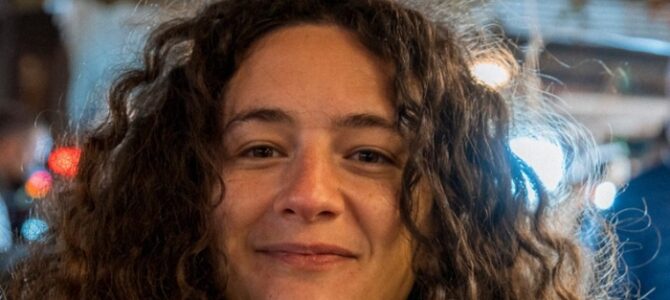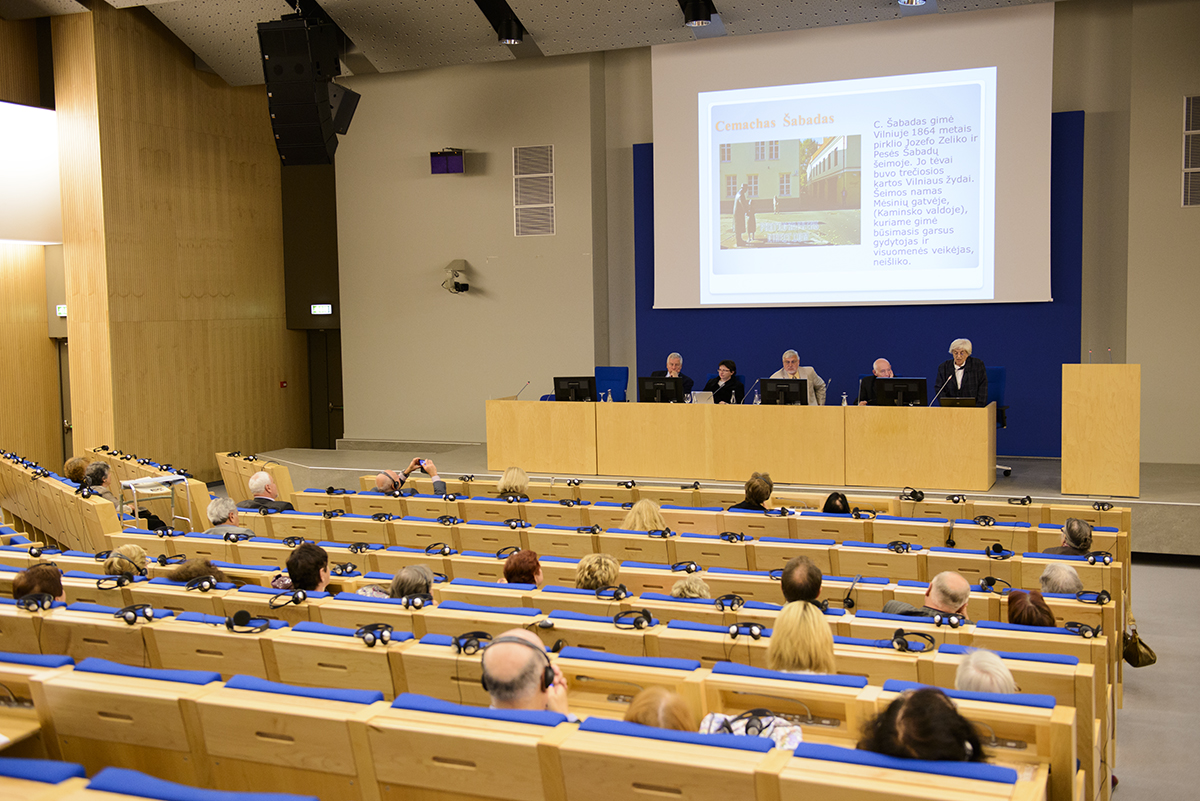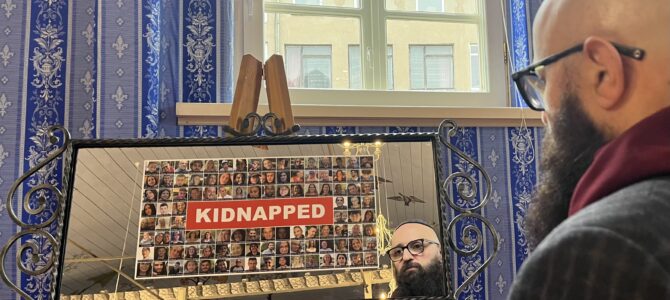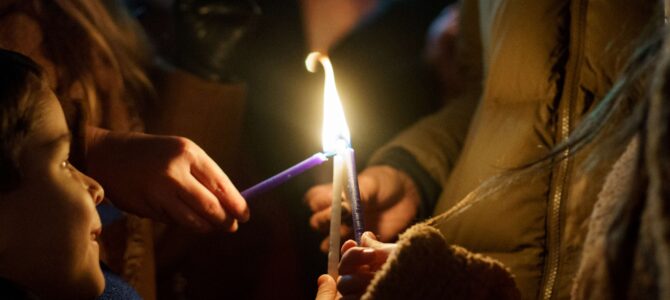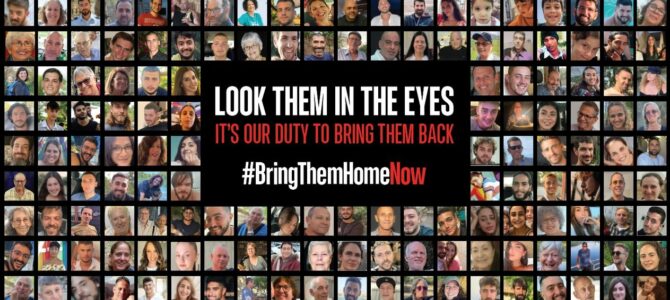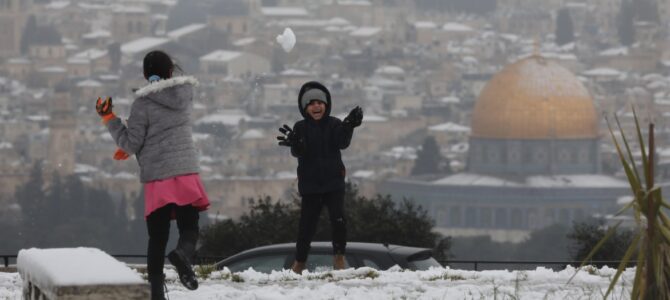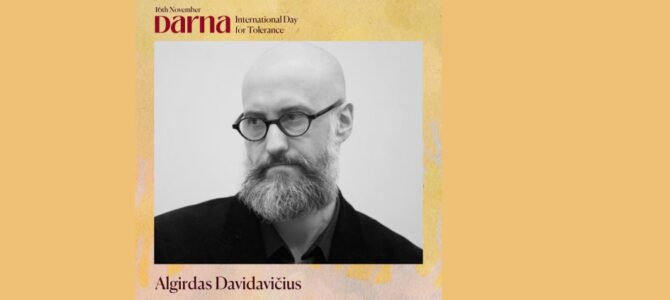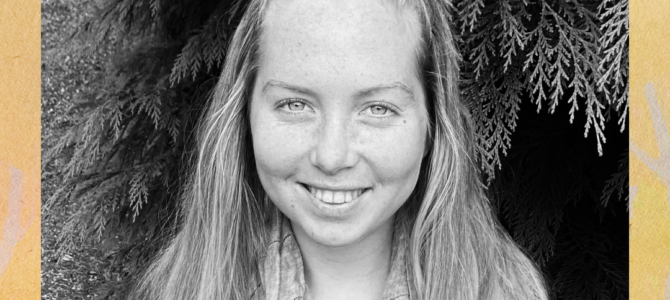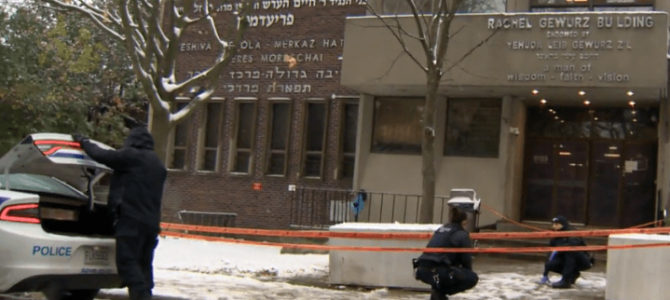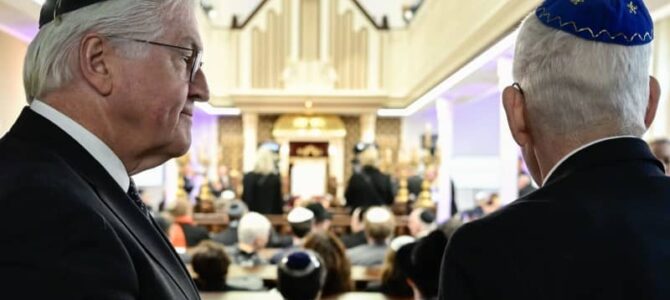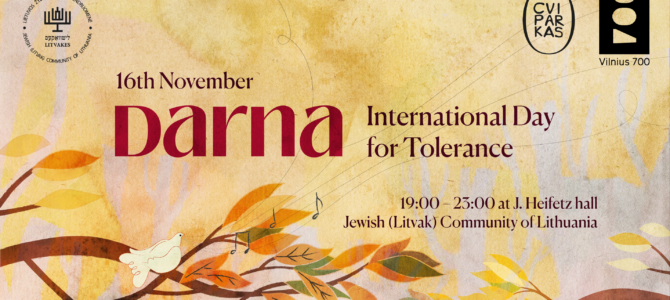The World Zionist Organization has embarked on a project to distribute commemorative prayer and spirit-strengthening bracelets, which combine the feelings of cohesion, unity, and victory.
The bracelets consist of three values:
In their memory – Dedicated to the memory of the civilians and martyrs who were murdered and fell since the beginning of the war. “And I have cleansed their blood I have not cleansed, and the Lord dwells in Zion” (Joel 4:21)
For their safe return – represents the hope and prayer for the return home of the abductees; those who were cruelly separated from their families, who are experiencing hell, and were taken captive by bloodthirsty enemies. “And I took you from the nations and gathered you from all the countries and brought you to your own land” (Ezekiel 36:24)
For victory – represents the aspiration and confidence in the eternity of the people of Israel, in the victory of its soldiers, in the victory of light over darkness and good over evil. “Blessed are you, Israel, who is like you, a people saved by God, He is your shield and helper and your glorious sword, your enemies will cower before you, and you will tread on their heights” (Deuteronomy, 33: 29)
We invite you to take part in the project, receive the bracelets free of charge, wear them, and spread this message widely, as an expression of support and partnership in the fate of the people of Israel.
To receive a bracelet, please click here: https://www.wzo.org.il/department/haravotbarzel/spirit-strengthening-bracelets/en
Sincerely,
Or Cohen



